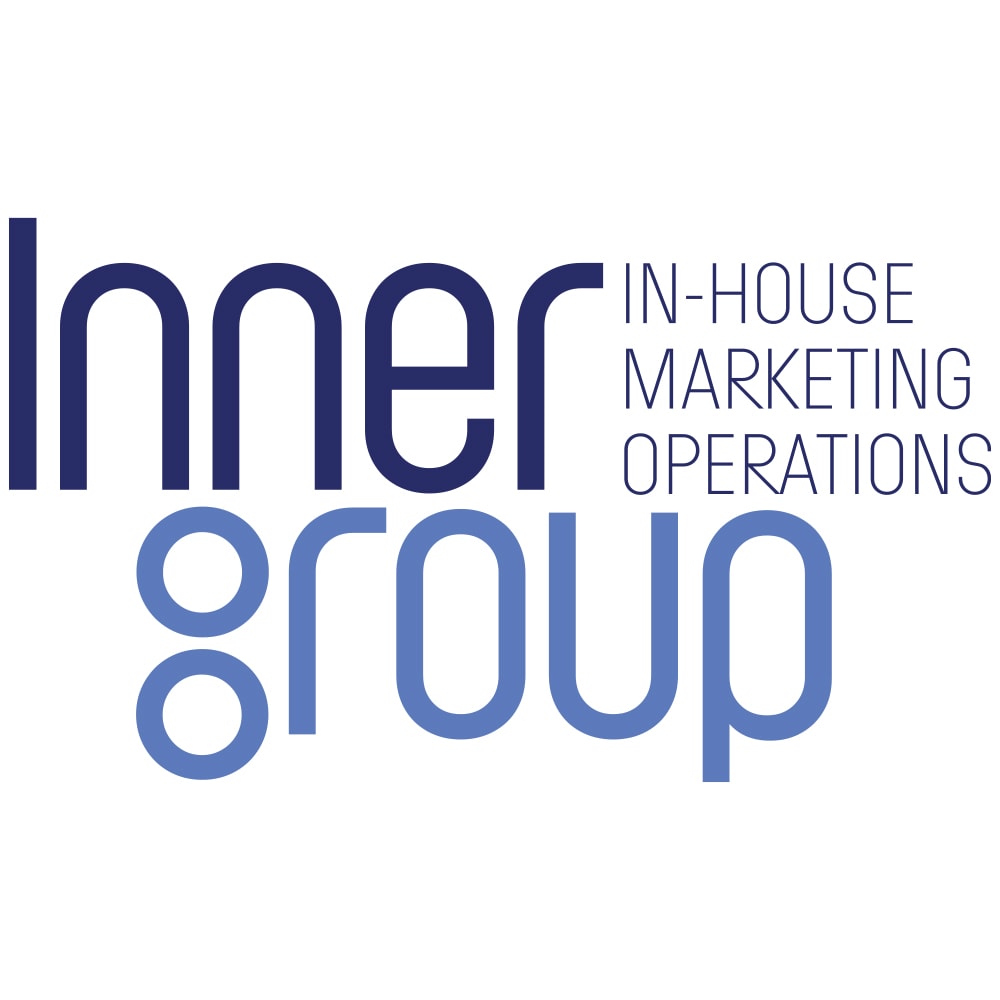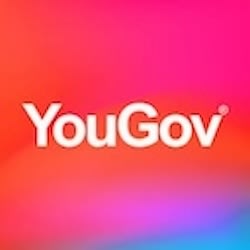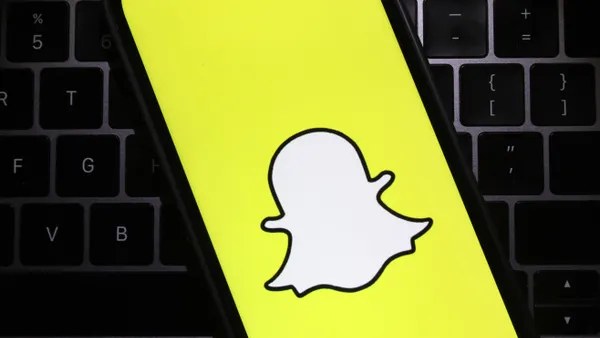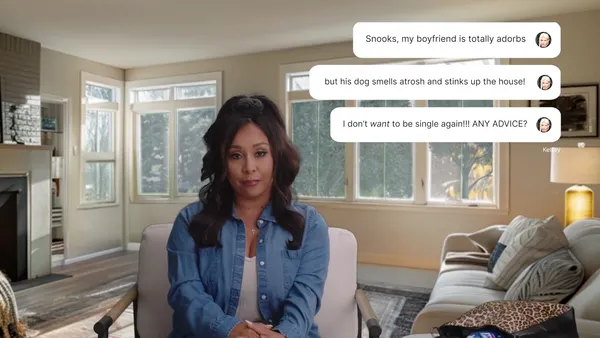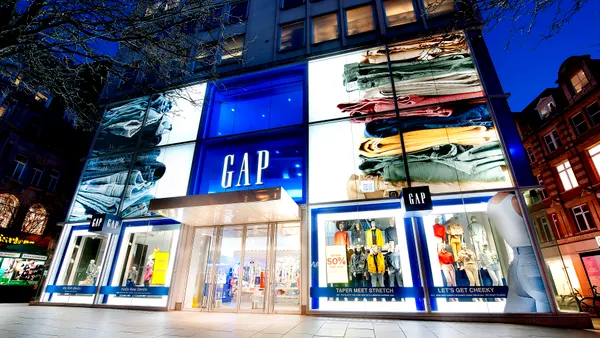Brief:
-
More than half (58%) of Americans think last month's boycott of social network Facebook by advertisers was fair, while only 40% believe the movement will lead to a "credible change" at the company, according to new survey results from researcher Piplsay. The "Stop Hate for Profit" campaign led by several civil rights groups asked marketers to stop advertising on Facebook in July to protest the platform's policies on hate speech.
-
Fifty-nine percent of people said they believe Facebook should be held responsible for content on its platforms, while only 35% believe a longer boycott would be needed to bring any real change at the company. Another 26% said the boycott won't hurt the social network's revenue enough for the company to change.
-
About a third (35%) of Gen Z and millennial respondents believe that brands participated in the boycott for the publicity and to save on advertising costs, the survey found. Piplsay surveyed more than 20,000 U.S. online consumers ages 18 or older between Aug. 5-6.
Insight:
The "Stop Hate for Profit" ad boycott of Facebook led by groups including the Anti-Defamation League and the NAACP found a sympathetic audience among many Americans, with more than half saying the movement was fair, as Piplsay's survey found. However, the study also indicates that a high degree of skepticism exists around whether the boycott had any effect on Facebook's policies or revenue, with only 40% of respondents saying the movement will lead to any meaningful change at the social media giant.
While 41% of respondents believe that brands were sincere in their protest against hate speech and divisive content, another 26% didn't have an opinion. Only 20% of respondents said the boycott was a public relations stunt, and 13% said brands were looking to cut costs on advertising during the pandemic. The mixed opinions about the authenticity of brands participating in the boycott indicate that the movement wasn't that persuasive among consumers.
As Piplsay notes, brands like The North Face and Heineken ended their boycott and have resumed buying ads on Facebook's platforms. About a third (34%) of Americans said the brands sent out a strong message, while another 31% aren't sure what to think about the resumption of advertising. The finding suggests that brands aren't likely to suffer reputational damage by resuming their advertising on Facebook. Target, Mars and Volkswagen were among the major advertisers that participated in the boycott, while Walmart, McDonald's Kellogg's were among the advertisers who quietly paused their campaigns on Facebook without officially joining the movement, a study indicated.
It's too early to gauge the full scope of how the boycott has affected Facebook's revenue because it happened during the first month of the current quarter. However, Facebook reported revenue through the first three weeks of July was up 10% year-on-year, in the midst of the boycott. The platform also commands a diverse revenue base among 8 million advertisers worldwide, though many smaller businesses have faced serious threats from the coronavirus pandemic and resulting lockdowns.
The company reported that yearly revenue growth slowed to 11% in Q2 from 17% in Q1 as the health crisis weighed on ad spending. Facebook pledged to take stronger action against hate speech, though it continues to face criticism for its policies. The full extent of the boycott's effect won't be known until the company reports results in a few months.






